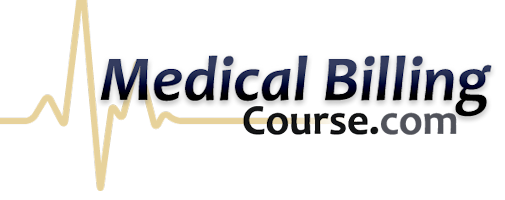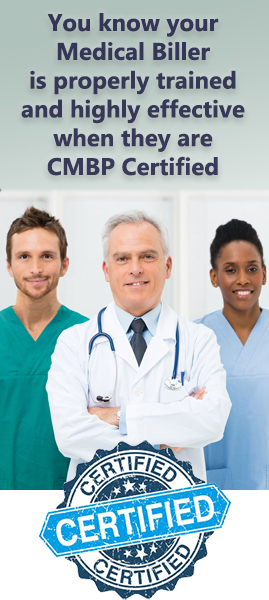Medical Billing Education Programs For a Growing Field
- 05/22/2023
- Posted by: Medical Billing Course
- Category: Uncategorized

Medical Billing Is a Growing Profession
According to the U.S. Bureau of Labor Statistics (BLS), jobs for medical records and health information technicians are projected to grow faster than average from 2018 to 2028. The average growth for all professions during this decade is projected to be 5%, while the average growth for medical records/health information techs is projected to be more than twice that at 11%.
What Do Medical Records Technicians Do?
Technicians who work with medical records help keep patients’ information accessible, accurate and secure. In addition to being responsible for collection billing information, other job duties may include:
- Assigning clinic codes to patient data for insurance reimbursement or for analysis
- Electronically recording and storing data
- Organizing medical databases and registries
- Protecting patient confidentiality and complying with medical confidentiality laws
- Reviewing patient data for accuracy and timeliness
- Tracking data over time
Medical Billing Education Requirements
According to the BLS, medical records and health information techs most commonly need to earn a post-secondary certificate, followed by professional certification, although some employers require a minimum of an associate’s degree. Employers may allow recently hired employees to earn professional certifications such as Registered Health Information Technician (RHIT) credential on the job.
Important skills for medical billing and health information technicians to have include strong attention to detail, analytical skills that allow them to understand medical codes, and technical skills in using medical information technology software. A medical billing education program can help aspiring medical records and health information techs gain these skills.

